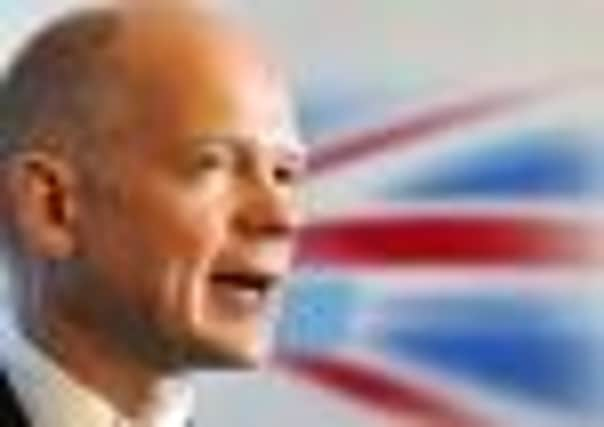Britain and Iran clash in cyberspace


The website aimed to “reach out” to ordinary Iranians but Iranian hardliners had branded it an illegal attempt by the “old colonial fox” to stir up trouble.
Mr Hague said yesterday: “I condemn this action by the Iranian government.
Advertisement
Hide AdAdvertisement
Hide Ad“We have no quarrel with the Iranian people and regret that the Iranian authorities fear their own citizens’ interaction and involvement with the outside world.”
Kayhan, a hardline Iranian daily newspaper, reported on Saturday that Britain had moved its “espionage centre” to cyberspace after withdrawing its diplomats from Tehran.
The UK for Iranians website was designed to provide information about Britain and its policies towards Iran.
It also gave practical advice on how to obtain visas to Britain and encouraged feedback to foster a dialogue with Iranians.
Relations between London and Tehran, always tense, hit new lows when Iranian rioters, including members of a state-sponsored militia, stormed and looted Britain’s two diplomatic compounds in the Iranian capital last November. Embassy staff fled with little more than the clothes they wore.
The Iranian authorities portrayed the violent embassy siege as a spontaneous protest by ordinary Iranians angered by Britain pushing for tighter sanctions to curb Iran’s nuclear drive.
The two countries still have diplomatic relations, but these are at their lowest ebb for many years.
The UK for Iranians website ridicules “silly” Iranian propaganda about Britain, such as claims by the semi-official Fars news agency in December that Queen Elizabeth II begged Iran to restore relations.
Advertisement
Hide AdAdvertisement
Hide AdIt also pokes fun at the bizarre assertion by Iran’s president Mahmoud Ahmadinejad in April 2010 that “England is a tiny island west of Africa”.
British residents, the website notes drily, “have not yet noticed that their country has shifted approximately 3,000 kilometres to the south-west”.
But more “serious” Iranian accusations are addressed in earnest.
The website robustly denies that Britain encourages terrorist activity in Iran or was responsible for the assassination of nuclear scientists in Tehran.
It also insists Britain did not incite the mass street protests ignited by Mr Ahmadinejad’s disputed re-election in 2009.
In Iran’s colourful lexicon of political demonology, Britain has been vilified in the past as a scheming “little Satan” that pulls the strings of the “Great Satan” – America.
The BBC’s Persian service is regularly blocked in Iran, and the broadcaster has accused Iran of harassing staff through slander, snooping and the arrest of their relatives.
In its annual report last week the press freedom advocacy group, Reporters Without Borders, ranked Iran at first place in a list of enemies of the internet in 2012.
Advertisement
Hide AdAdvertisement
Hide AdThat coincided with a decree by Iran’s supreme leader, Ayatollah Ali Khamenei, to establish a body to oversee censorship of the internet.
The Supreme Council of Cyberspace includes the president, heads of intelligence, media chiefs and the powerful Revolutionary Guards, which established a “cyber army” in 2010 to combat “destructive” networks.
Mr Hague said: “We will continue to look for opportunities to engage with the Iranian people, confident that Iranians are outward looking and deserve the same freedoms that others enjoy around the world.”